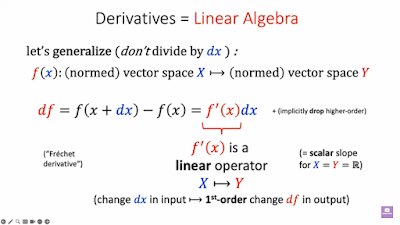David Dorran - The z-Transform
I'm trying to synthesize finite fields. What I am looking for is a way to use finite differences to approximate (i.e. synthesize) the complex exponential function to just the degree necessary for a given fidelity of representation. See e.g. Finite-difference time-domain method.
The time-dependent Maxwell's equations (in partial differential form) are discretized using central-difference approximations to the space and time partial derivatives. The resulting finite-difference equations are solved in either software or hardware in a leapfrog manner: the electric field vector components in a volume of space are solved at a given instant in time; then the magnetic field vector components in the same spatial volume are solved at the next instant in time; and the process is repeated over and over again until the desired transient or steady-state electromagnetic field behavior is fully evolved.
See e.g. this Unity page: Realtime Global Illumination using Enlighten.
I looked at this video again after seeing Toby: "Locked in a school bus until I learn what fractals are" and thinking about Norman Wildberger - How Physicists do Maths and Modeling Probability Distributions and Solving Differential Equations.
He has some detailed notes that go along with this series: https://pzdsp.com/docs/ in particular The z-transform: A practical overview.
He has a cute Matlab tool for visualising complex exponentials and negative frequencies:
Here's the full playlist, with some advice for golphers at the end:
Subscribe to David Dorran.



Comments
Post a Comment